CWA without Google +++ International development cooperation +++ KDE interview
mercredi 16 décembre 2020 à 00:00CWA without Google +++ International development cooperation +++ KDE interview
In our December Newsletter, read about the German Corona Warn App being published independently to extend software freedom, learn about public code in international development cooperation, enjoy an interview with Cord-Landwehr from KDE about REUSE adoption, one about the Zurich local group receiving a DINACon award and much more.
German Corona tracing app available without Google services
Christian Grigis, Fynn Godau, Marcus Hoffmann and Marvin Wißfeld achieved what official bodies have been missing for months: They have made available the German "Corona Warn App" (CWA) for tracing Covid-19 risk contacts in a version that is completely free of dependencies on Google and is available in F-Droid, the Free Software app store.
Initial release of the CWA was in June and the FSFE's demand that any Corona tracking app must be used voluntarily and be Free Software has been followed. However, the implemented exchange of device keys via Bluetooth, on the basis of which the risk is calculated, is handled by an underlying interface called Exposure Notifications API, which was, significantly, developed by Apple and Google and was largely proprietary. One also had to use proprietary Google Play Services or the iTunes store to install it.
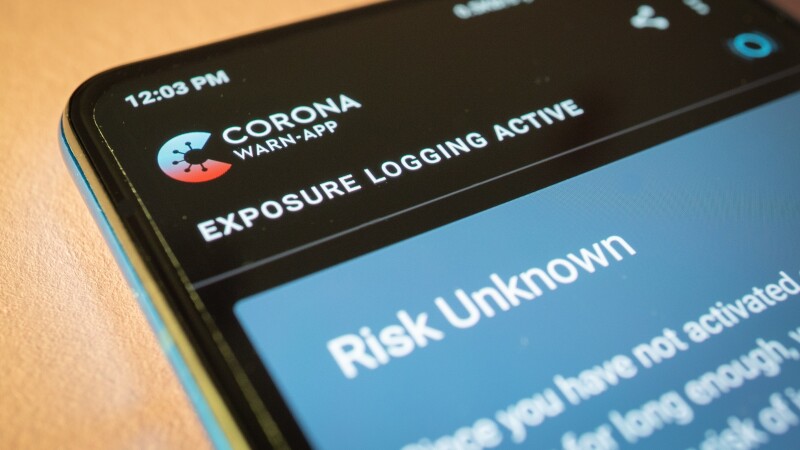
So while on the one hand we were satisfied that the publicly funded CWA has been released as Free Software, we raised the question what is all this freedom worth if the solution depends on third-party proprietary blobs? And if one has to use proprietary software to install them?
Indepently published in F-Droid
A first major improvement towards fixing this issue was provided by Free Software developer and FSFE supporter Marvin Wißfeld in September. He built the exposure notification functionality into microG, a Free Software implementation of the proprietary Google services. This allowed at least people who owned a Google-free Android phone and had microG installed to use various Corona apps.
A few days ago, Christian Grigis, Fynn Godau, Marcus Hoffmann and Marvin Wißfeld went one step farther. They integrated the exposure notification component of microG directly into the German Corona Warn App. This so-called Drop-In-Replacement enables even people who have neither the Google services nor their Free Software alternative microG installed, to use the CWA. They also made the app available on F-Droid, an app store with exclusively Free Software.
We would like to thank all persons involved who made the use of the CWA in Germany possible without having to accept any loss of software freedom. Furthermore, the FSFE appeals to governments and administrations to publish developed software as Free Software, to break dependencies on Google's and Apple's app stores and instead make their apps installable from independent sources like F-Droid and to renounce proprietary dependencies.
FSFE demands public code in international development cooperation
International development cooperation is increasingly digitised. Whether in agriculture, industrial production, health care or public administration, the development and maintenance of modern social processes is no longer conceivable without software. Free Software thus is becoming a fundamental technology to reach the United Nations Sustainable Development Goals. International development cooperation strives to achieve the UN sustainability goals by improving global conditions and the empowering of local partners. As in the case of Software Freedom in general, in international development cooperation existing dependencies should be reduced and new dependencies avoided at all costs.
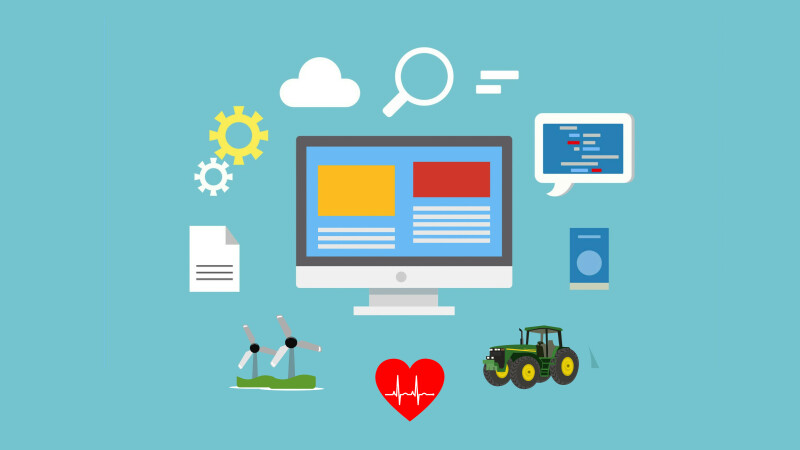
Together with experts in the field, the FSFE summarises these interrelations in an article and demands that publicly funded software in international development cooperation be published as Free Software.
Start the new year as a supporter of the Free Software Foundation Europe
Upcoming events
- Together with many other civil (digital) rights organisations, the FSFE forms the cluster "about:freedom" during the annual Chaos Communication Congresses, which have come to be among the biggest hacking-related events in Europe. The event takes place from the 27th to the 30th of December. The schedule is not yet final but there will be many talks about various topics regarding software freedom. From the FSFE staffers, Lucas Lasota speaks about "Net neutrality 2.0: Router Freedom and device neutrality in Europe".
- Our Pre-FOSDEM events in the recent years have been highly successful thanks to your contributions. Now we will go one step further: integrate our fruitful exchange directly into FOSDEM! We are therefore pleased to announce that we will co-organise the upcoming Legal and Policy Issues DevRoom at FOSDEM 2021. The event will take place online and we are looking forward to your exciting submissions. The Call for Participation is running until 20 December 2020.
PMPC Video in Dutch
FSFE supporters from the Netherlands created a Dutch video translation of the popular Public Money? Public Code! campaign video. After a sneak preview on the 25th of November in the Netherlands online get-together, you can now watch it yourself.
Ralf Hersel, Coordinator of the FSFE lokal group Zürich on behalf of the DINACon Special Award 2020. (in German)Nico Rikken, the FSFE coordinator Netherlands who mainly coordinated the project, wrote a detailed blog-post about the whole process - from subtitle translation to the audio recording to its final editing and mastering. Nico wrote it for your curiosity but also for you to pick it up: "I wrote this blogpost, to encourage you to do it too and save you time by suggesting a methodology. In the process I learned some new skills and got to use some free software that was new to me."
With the Dutch version, the Public Money? Public Code! campaign video is now translated and audio-dubbed in seven languages (DE, EN, FR, IT, NL, PT, RU) and subtitled in nine languages (DE, EN, ES, FR, IT, NL, PT, SK, RU). If you would like to see your language added to the list, get in contact with Nico or the FSFE.
What have we done? Inside and outside the FSFE
- In just three years, our REUSE initiative has successfully changed licensing practices of over five hundred projects. In 2020 one of the biggest and oldest Free Software projects, the well-known KDE community, included REUSE in their licensing policy and migrated all their frameworks to the recommended standard. We took this opportunity to speak with Andreas Cord-Landwehr, development engineer at KDE, about REUSE adoption in the KDE community.
- In 2019, the FSFE's local group in Zurich launched the "Learn like the pros" campaign. The goal of the campaign is to present solutions for the use of Free Software in education. Recently, the campaign was awarded the DINACon Special Award. On this occasion, we interviewed the local coordinators Ralf Hersel and Gian-Maria Daffré about the background and the success of this campaign.
- On the 25th of November the European Parliament adopted the resolution "Towards a more sustainable single market for business and consumers" in which they call on the Commission "to establish a consumers’ ‘right to repair". The document acknowledges the problems of software obsolescence as a limitation to hardware's life-time longevity. Unfortunately, the document misses the chance to tackle the problem with solutions offered by Free Software licensing, e.g. the obligation to freely license software code after its support ends. The FSFE will follow the process and raise its voice for software freedom as a means towards a more sustainable IT.
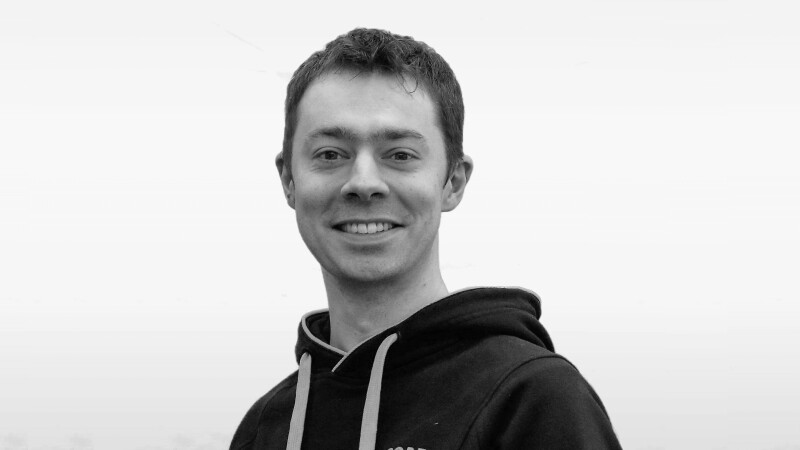
From the Planet
- Bdale Garbee looks back on a long history of debian packaging and encourages other Debian package maintainers with the right skills and motivation to consider adopting some of his packages.
- Albert Astals Cid shows and explains software obsolescence he experienced with his Android phone OnePlus2 and how he solved it using the CustomROM LineageOS.
- Sebastian Schauenburg writes about his favorite terminals and how he solved a bug for the st terminal emulator.
Get Active: 20 years of FSFE
This time we do not have a particular get active item for you but a general reminder that next year we shall have had 20 years of FSFE and we would like to celebrate that with you. So watch our news. There will be some interesting backgrounds on the FSFE's history. We will introduce you to some of our well-established community members and also dig into past success stories as well as some funny fails we made. In particular watch out for the several participative campaigns we are planning; we look forward to seeing many of you taking part.
Call to apply for FSFE support for your local project
We are currently running our second call for FSFE community projects. We happily support you with our expertise, our information material, our networks, or even financially. Participating is as simple as filling out a short online form until 10 January 2021.
Among the successful applications in the last round is GnuLinux.ch, which we support with promotion, a new logo, stickers, and a microphone set for their regular podcast. Another project we will support is Freedombox install events, which we will support with premises. If you need support for a FSFE community project, don't hesitate to apply.
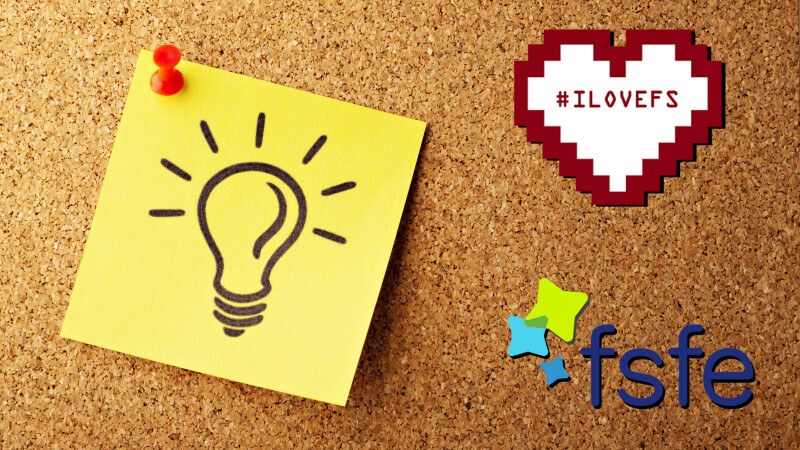
Contribute to our newsletter
If you would like to share any thoughts, pictures, or news, please send them to us. As always, the address is newsletter@fsfe.org. We are looking forward hearing from you!
If you also want to support us and our work, join our community and support us with a donation or a monthly contribution.
Thanks to our community and all the volunteers, supporters, and donors who make our work possible. And thanks to our translators, who enable you to read this newsletter in your native languages.
Your editor, Erik Albers
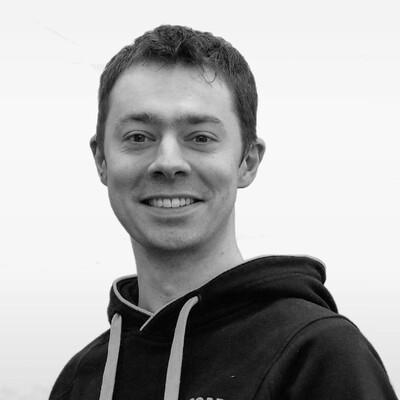
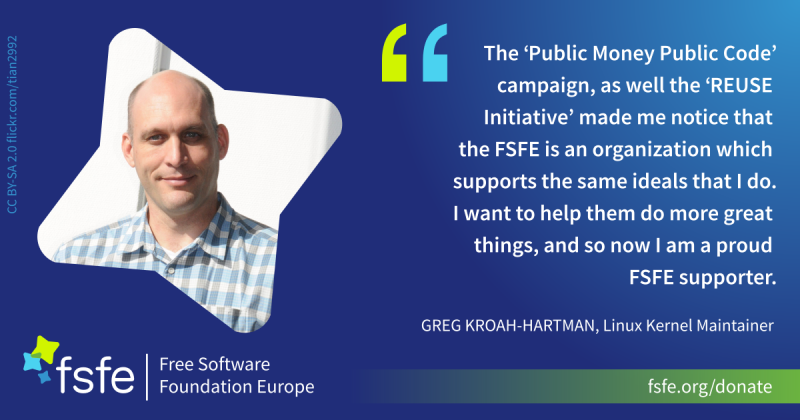
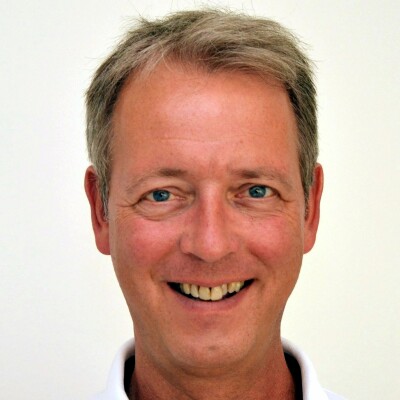
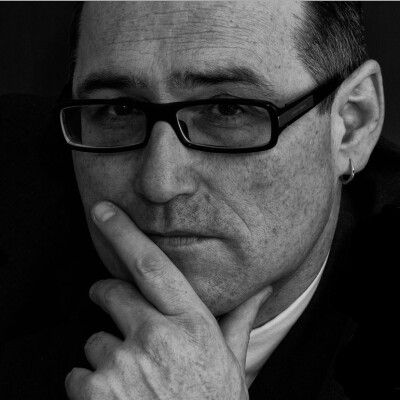
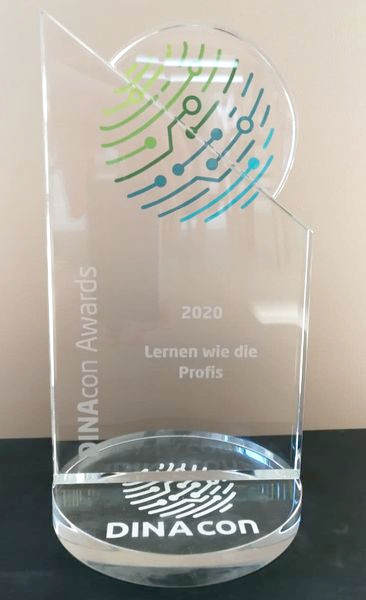
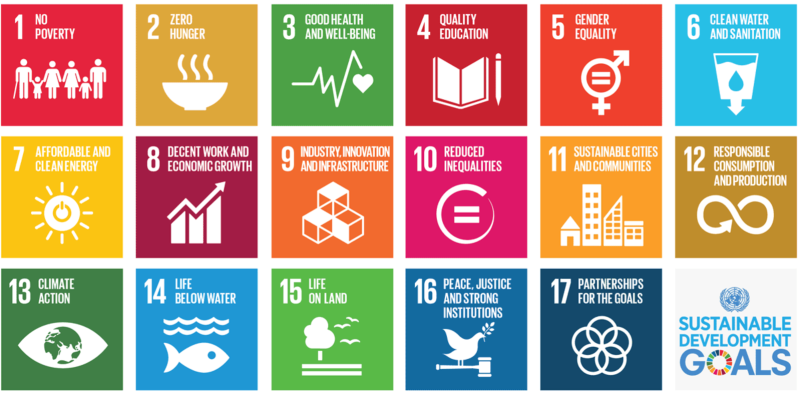
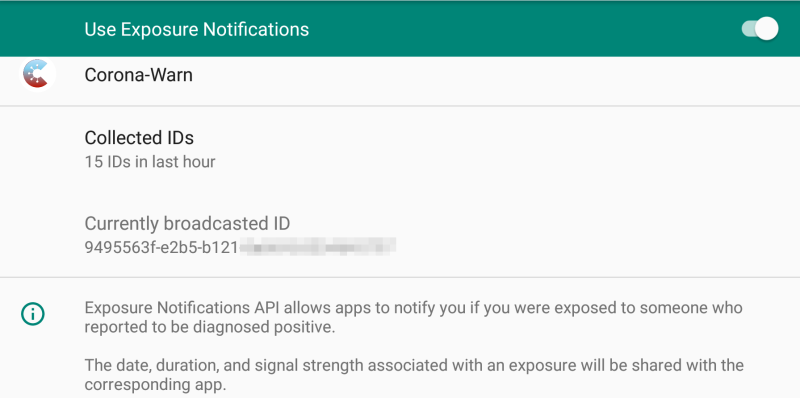 Free Software implementation of the underlying Exposure
Notification API in microG
Free Software implementation of the underlying Exposure
Notification API in microG